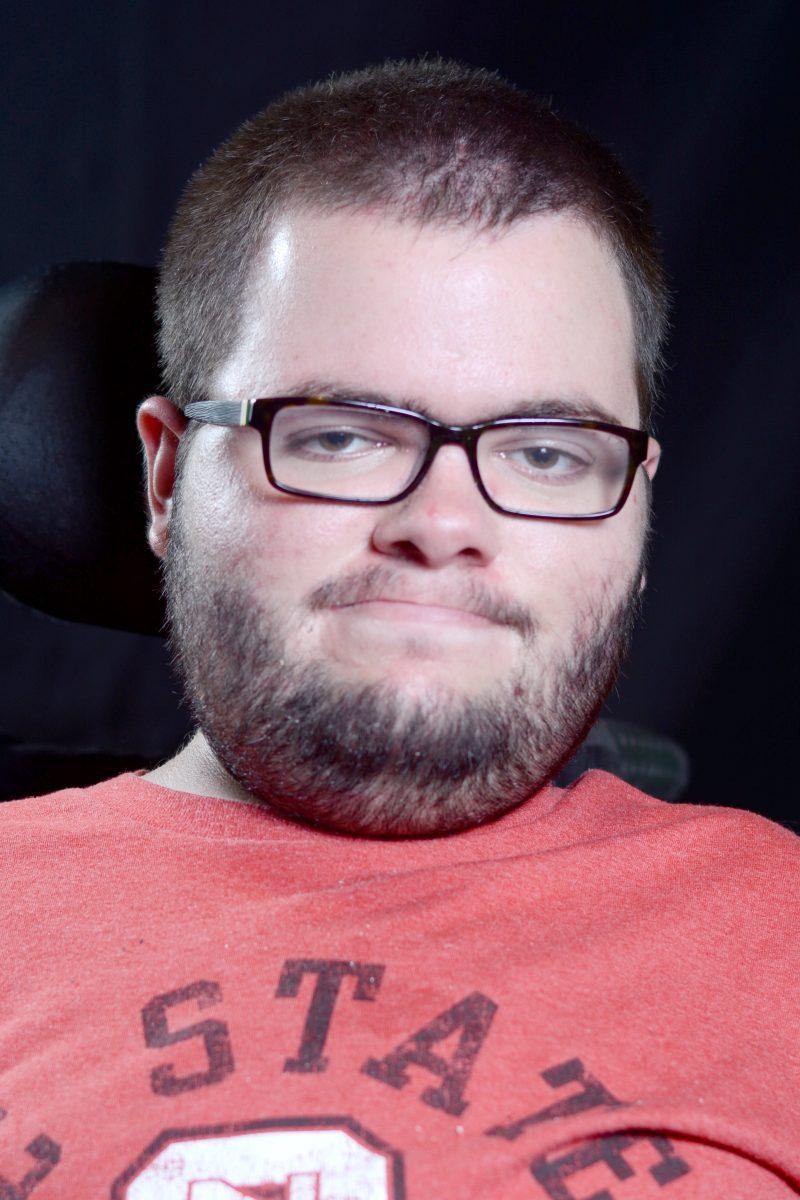“Literature of 9/11,” an English course taught at UNC-Chapel Hill by Professor Neel Ahuja, has sparked a nationwide controversy after Alec Dent, a freshman studying journalism, criticized the course in an article for The College Fix, a conservative news website. In a Daily Tar Heel article which ran last week, Dent was quoted as saying, “The reading list was one of the first things that stuck out to me. It seemed to be sympathetic towards terrorists.”
Following in Dent’s suit, the University’s College Republicans are now petitioning for UNC administrators to get rid of this course altogether, saying that it is being “used to indoctrinate students against the very civilization that supports our studies.” Some of the course’s required readings include “Poems from Guantanamo: Detainees Speak,” a collection of poems written by Guantanamo detainees; “Sand Opera,” a collection of poems on torture, race and war; and “Stuff Happens” by David Hare, an anti-war and anti-government play which portrays America as the antagonist.
What struck me the most about Dent’s assertion that this course aims to brainwash students is when he said in the Daily Tar Heel article, “You don’t have to read ‘Poems from Guantanamo’ to realize they’re sympathetic to the prisoners there.”
First off, if you’re going to condemn a course for its controversial material, you should at least read the books which you’re arguing against. The sources which Dent used to make his argument were primarily from reviews of these books on Amazon and from Blinkness reviews (UNC’s version of RateMyProfessor) of Mr. Ahuja when he made points about the professor.
Yet beyond this, despite the good intentions of Dent and his student Republican supporters — all of us want to honor the victims of 9/11 as best we can, politics aside — the logic that they use is rather backward. Beyond the assumptions which Dent makes about a course he has not taken or about books he has not read, he seems to think that we are better off ignoring an entire perspective of a major event in history.
9/11 is a tragedy of indescribable magnitude in which countless innocent lives were taken. All of us likely remember where we were when it happened and the unimaginable horror of watching those planes crash into the buildings. Now, 14 years later, our hearts continue to go out to the friends and family of those victims, victims of an act of pure hatred.
That said, if we are to truly honor those victims and recognize this period of our nation’s history, we must look at it from multiple angles. Dent seems to think that by reading books from an anti-American perspective, we ourselves might be warped into this way of thinking. I’ve read and seen my fair share of anti-American books and films, and I am no less a patriot because of it. The 1966 film “The Battle of Algiers” portrays the Algerian rebels as “freedom fighters” rather than terrorists and the French regime as oppressive. I’m not saying I agree with films such as this, but they are important to look at if we are to gain even a remote understanding of the horrors of events such as 9/11.
Curious to see some of the comments on Dent’s original article, I came across one from Neil Garrett, a UNC graduate, who had taken this course, and who said that it was one of the best he had taken in college. He said that in addition to readings such as the ones on the syllabus for this semester, they also looked at “various memorials and how people cope with and respond to tragedy”, and said that the course in no way caused him to “feel in any way sympathetic toward terrorism.”
James Mulholland, an associate professor in the English department who has taught a 9/11 literature course here at NC State, believes that it is important that this course exists. At one point while teaching the course, he taught a graphic narrative called “American Widow” by Alicia Torres, a woman whose husband died at the World Trade Center on 9/11.
“One of the things that ‘American Widow’ thematizes is that not all 9/11 victims feel the same way,” Mulholland said. “They don’t all respond to the politics or the emotions of being a 9/11 survivor in the same way. A class like literature of 9/11 is about showing that to students. I’m very interested in how art and literature represent the terrorist attacks of 9/11.”
In regards to Dent’s points about how the course at UNC indoctrinates its students with anti-American philosophical concepts, Mulholland stated that a course’s syllabus does not necessarily reflect the ideas of a professor.
“For a syllabus, inclusion isn’t advocacy,” he said. “Just because a professor includes something on the syllabus doesn’t mean he or she agrees with it or expects students to agree with it. That’s the point of a university debate. Whether we think about it or not, 9/11 will always remain an important American and world historical event, and just like other important world and American historical events, we should use art and literature to understand it even after the event is supposedly over.”
Though I have not taken it, I believe courses such as “Literature of 9/11” provide us with an opportunity to reflect upon tragedy and its cultural impact. To do this, observing controversial materials are essential to our understanding of these events. While we can never truly comprehend the innate hatred which drives people to terrorism, looking at this issue from their point of view seems to me one of the best ways to combat extremism.














